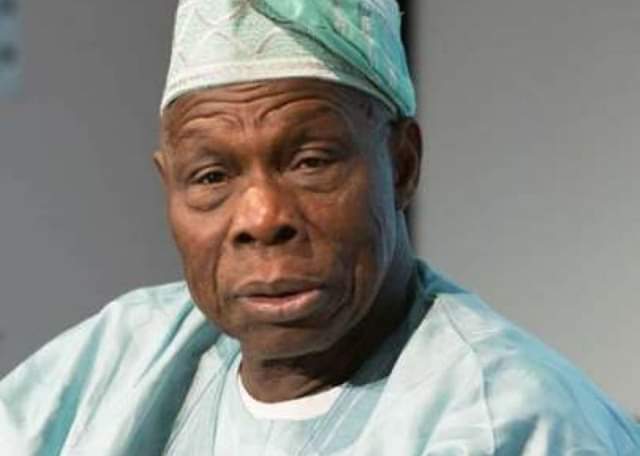
Five days before he marked his 83rd birthday, ex-president Olusegun Obasanjo delivered a scathing assessment of the health of Nigeria, particularly its political condition. Speaking at the first memorial lecture held in honour of Frederick Fasehun, founder of the Oodua People’s Congress (OPC), Chief Obasanjo asked the ruling elite to heed the agitation for restructuring if the country was not to disintegrate. Many Nigerians have been astounded both by the occasion on which the former president made his remarks, an event hosted by an organisation which he did his best to exterminate during his presidency, and by the subject of restructuring, which he also previously scorned. Beyond indulging his capacity to criticise, it should, however, worry him that his legacies, just like after 1979, have been virtually destroyed. But analysts must wade through the kitchen midden of his ideas to find and apply his more enduring suggestions.
On his thoughts about a new Nigerian constitution, particularly the subject of restructuring, this column will discount the militating factors of his person, ideas, style and leadership failings. The column will look at his main suggestion, for it was made, it is clear, in good faith and with dreadful forebodings. The presidency may disparage his suggestion, but that would not lessen its force and relevance. Chief Obasanjo’s presidency may also not be the best the country could have had, and his achievements might be questionable and controversial, but he undoubtedly performed far better than his successors in terms of fostering a democratic spirit and managing the economy without the obsession for debt accumulation that has entranced his successors.
It is true he was directly and indirectly responsible for the succession of bad and incompetent leaders the country has been saddled with since his exit, but the choice of being great leaders, despite their inauspicious beginnings, rested with those successors. If they were intrinsically competent, if they felt challenged by the weight of being president, if they learnt any lesson at all from other countries and by reading the accounts of great leaders, despite the flawed manner of their elections, Chief Obasanjo’s successors should have felt challenged to rise to greatness. That they have underperformed and in fact belittled governance and destroyed the county’s modest gains is a reflection of their vacuity and incompetence. Chief Obasanjo stands accused of many things, but he has also managed often to succinctly capture the mood of the country.
According to him: “President Goodluck Jonathan’s effort of a National Conference did not even get to the National Assembly. Today, the agitation has moved up to restructuring — thanks to Buhari’s administration and its impunity and all. With the fractional political division, poor management of the economy, the non-protecting security and the politics of uncertainty in the land, we should not allow restructuring agitation to degenerate to self-determination. There is still a window of opportunity for us to nip in the bud a possible and indeed likely agitation for self determination that will be violent and destructive…”
Chief Obasanjo is right that the high level of impunity in the country seems to suggest that members of the ruling elite imagine that if it comes to war, the outcome is predictable. Using the Nigerian civil war as a test case, he dispels the fanciful notion that war could be predicted with accuracy. His warnings are apt, and his observations, including psychoanalysing the present ruling elite, are unimpeachable. They can listen to him, assuming they are so blind that they cannot read the signs of fragmentation playing out under their nose. Or they can choose to ignore and describe him as a disreputable and frustrated old man. The choice is theirs. They must live, and possibly perish, with their choice.
By Idowu Akinlotan














